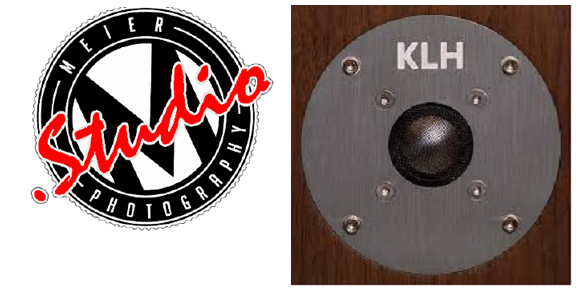Indianapolis, Indiana – Jeremy Meier d/b/a Meier Photography (“Meier”), the Plaintiff, claims to be a professional photographer and owner of U.S. Copyright Registration No. VAu 1-381-446 which includes 380 photographs taken in the Spring of 2019 (the “Registered Photos”). According to the Complaint, Kelley Global Brands, LLC d/b/a KLH Audio (“KLH”), the Defendant, manufactures and sells audio equipment. Meier claims KLH used and published some of the Registered Photos without paying for the use and without the authorized consent of Meier resulting in copyright infringement.
However, the Complaint further states, that Meier and KLH “entered into an agreement pursuant to which Plaintiff agreed to take certain photos in exchange for Defendant paying for the rights to use said photos (the ‘Agreement’).” This may create an issue over whether the copyright infringement can be maintained. If KLH obtained “rights to use the Photos,” it may have a valid defense of “license.”
A similar issue was raised in the famous case known as the “exploding yogurt factory case.”
In Effects Associates, Inc. v. Cohen, 908 F.2d 555 (9th Cir. 1990), a filmmaker produced “The Stuff,” a horror movie with a dash of social satire: Earth is invaded by an alien life form that looks (and tastes) like frozen yogurt but, alas, has some unfortunate side effects – it’s addictive and takes over the mind of anyone who eats it. An industrial spy hired by ice cream manufacturers eventually uncovers the terrible truth; he alerts the American people and blows up the yogurt factory, making the world safe once again for lovers of frozen confections.
To cook up this gustatory melodrama, the filmmaker hired a special effects company to produce footage of the yogurt factory exploding. When the filmmaker refused to pay in full and distributed the movie (yogurt detonation and all), the company sued for copyright infringement. No one disputed that the company owned a copyright in the footage it produced. “Absent an express transfer of ownership, a contributor who is not an employee retains ownership of his copyright.” The company’s copyright claims fell flat nevertheless because, by handing over the footage to the filmmaker, the company had granted the filmmaker an implied, non-exclusive license to integrate the explosion footage into the movie. The court rejected the effects company’s argument that “Moviemakers do lunch, not contracts.”
This case may be risky for Meier. If KLH prevails on the copyright claims, as did the defendant in the Effects Associates case, Meier may be liable for KLH’s attorney’s fees. This is because according to the Copyright Act, a “prevailing party” to a copyright claim is ordinarily entitled to recover its attorney’s fees from the opposite party, even if the prevailing party is the defendant.
The case was assigned to District Judge James Patrick Hanlon and Magistrate Judge Matthew P. Brookman in the Southern District and assigned Case 1:20-cv-01131-JPH-MPB.
 Indiana Intellectual Property Law News
Indiana Intellectual Property Law News


